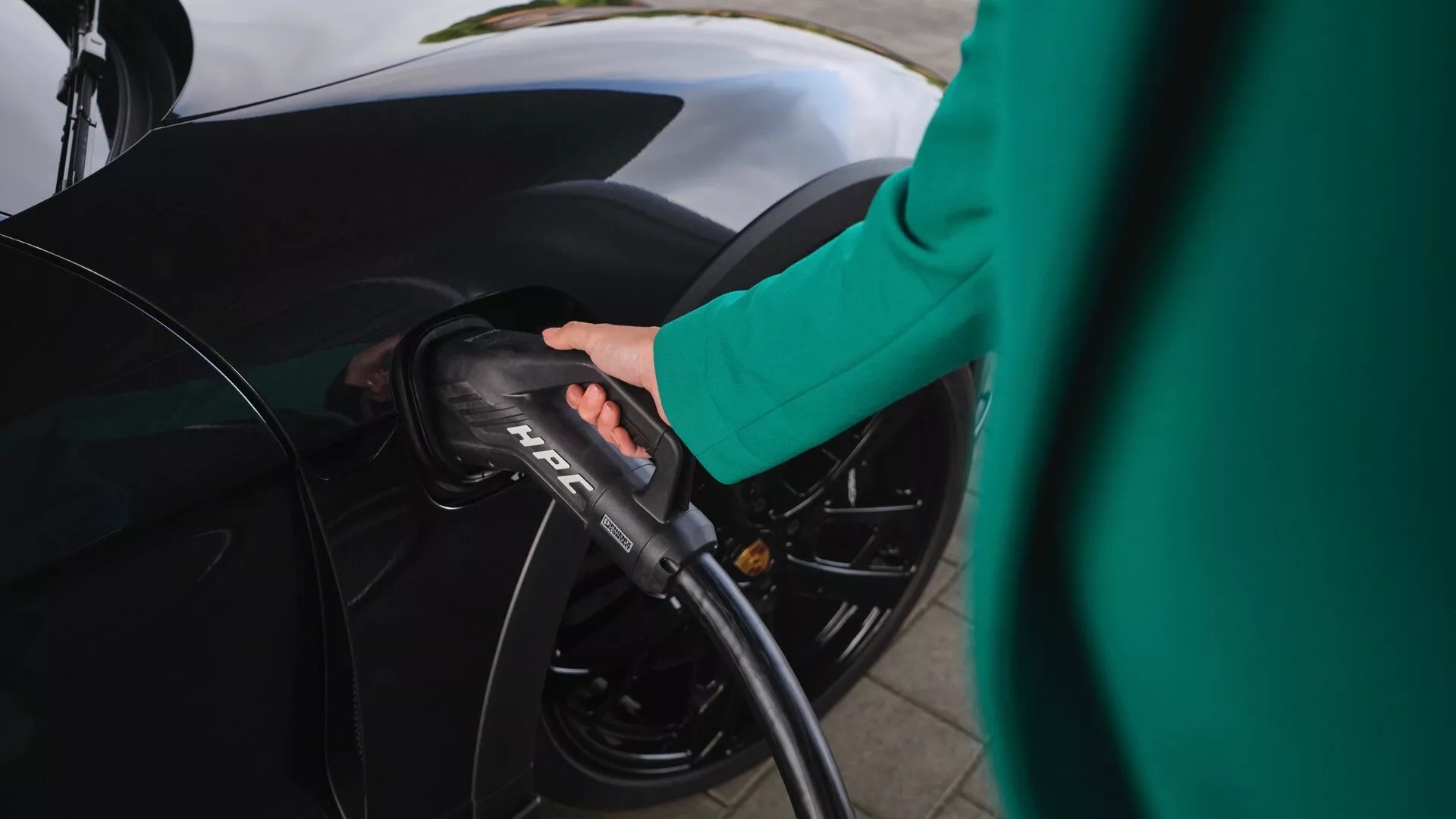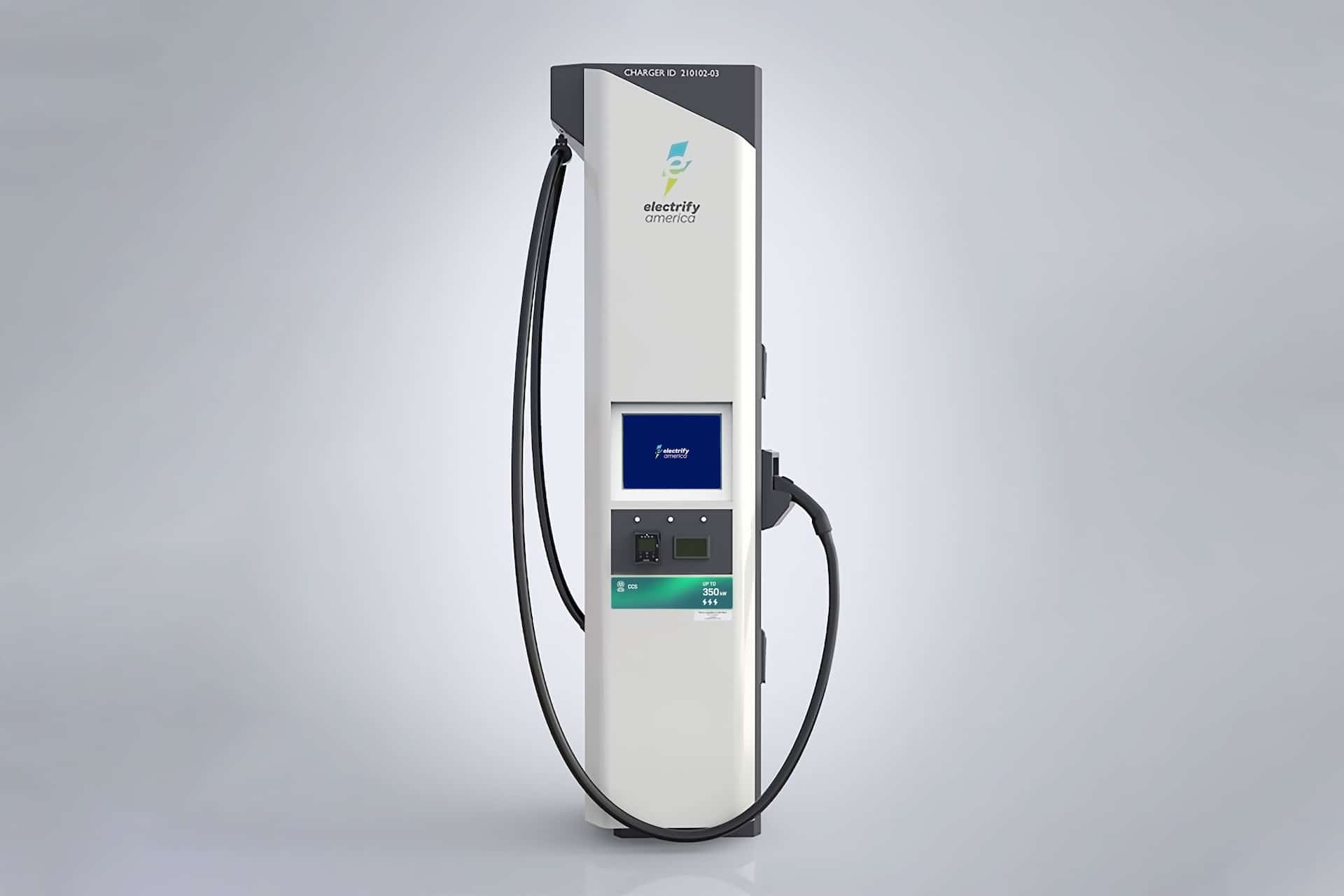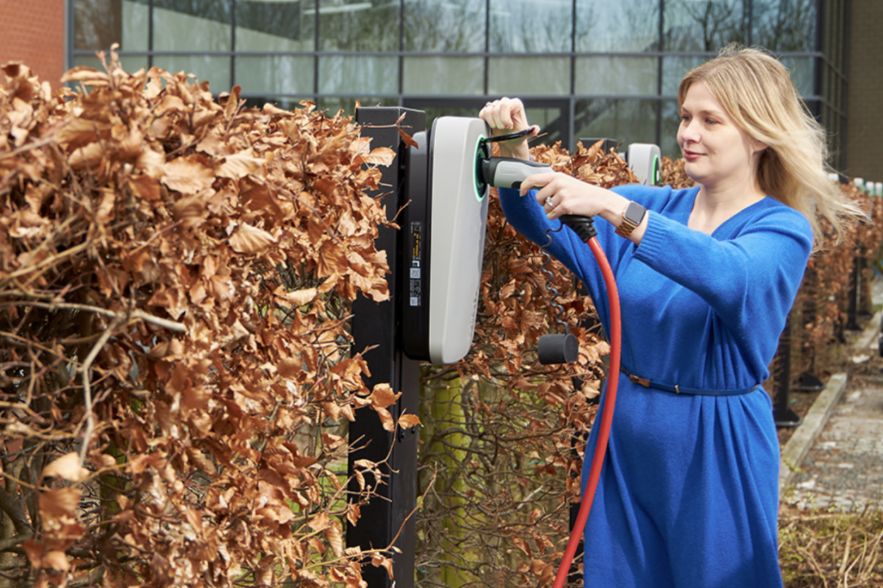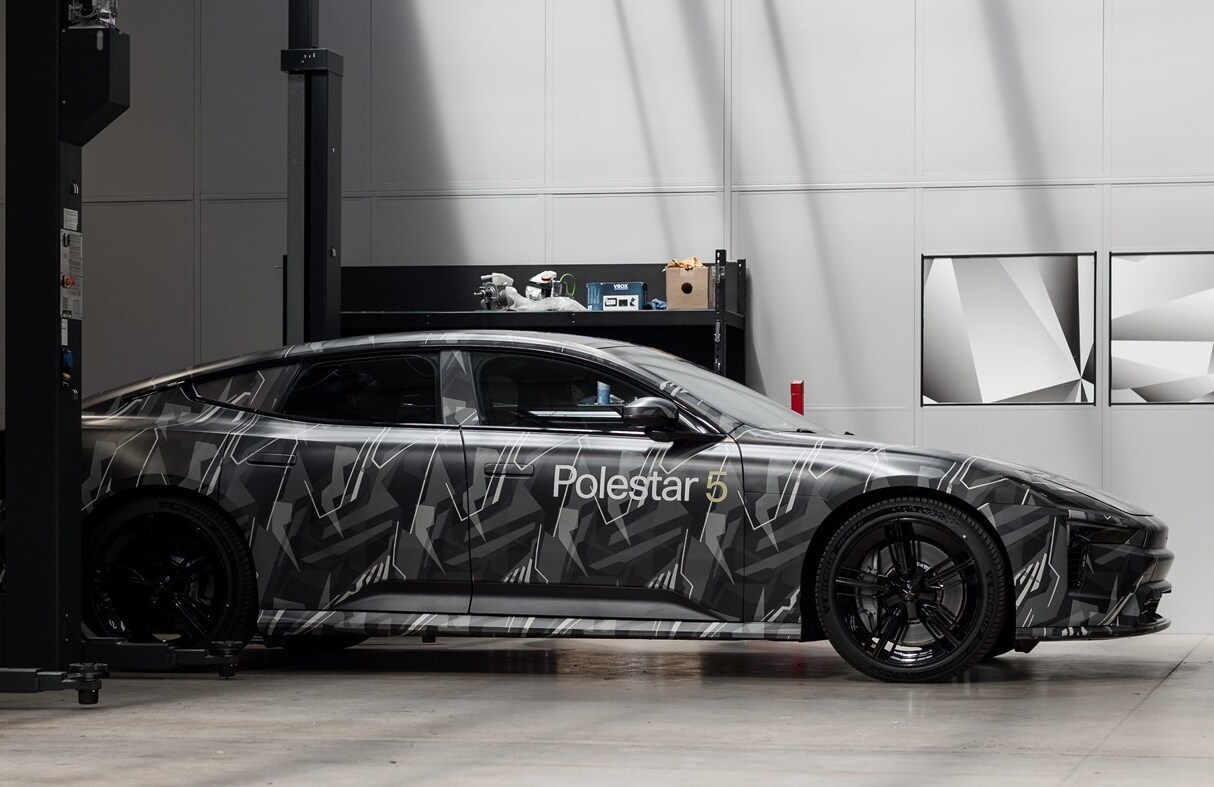In a strategic move to address the mounting demand for electric vehicles (EVs) in India, property developers are increasingly incorporating EV charging stations into the parking slots of their new developments. This trend aims to not only enhance the value of these properties but also lure prospective buyers in a nation where the charging infrastructure struggles to keep pace with the surging sales of EVs.
As of the first half of this year, EVs accounted for a modest 2.4% of India’s total vehicle sales. However, the EV market has been rapidly gaining momentum, with a remarkable 137% growth, resulting in 48,000 units sold during the same period, according to research firm Canalys.
India, the world’s most populous nation, has set an ambitious goal to make EVs constitute one-third of total vehicle sales by 2030. Yet, the scarcity of public charging stations threatens to hinder the realization of this vision. Currently, India lags far behind the United States in terms of EV charging infrastructure, with 435 EVs per public charging station in India compared to the U.S., where there are only 26 EVs per charger, as reported by the Alliance for Automotive Innovation.
Property developers, including Sobha and property management firm Prestige, are capitalizing on this infrastructure gap. They believe that installing EV chargers in residential properties will incentivize buyers to pay a premium for units, akin to the allure of amenities like swimming pools in the past.
Javed Shafiq Rao, Senior Vice President and Head of Property Management at Prestige, emphasized the significance of offering EV charging facilities, stating, “People considering purchasing EVs want assurance that they will have access to charging facilities within the residential complex.” As a result, Prestige is increasing its investments in properties equipped with EV chargers.
Taking this trend a step further, Sobha has launched two residential projects in Bengaluru, with EV charging facilities integrated into all available parking slots. Other developers joining the fray and banking on this emerging trend include Mahindra Lifespace, Kolte-Patil, Brigade, and DLF.
To encourage the installation of charging infrastructure, Indian authorities have issued guidelines at the state level. For instance, Delhi mandates that 20% of parking spots in new developments must be reserved for EVs, while Uttar Pradesh, with the highest number of EV registrations, requires housing complexes exceeding 5,000 square meters to have at least one EV charging unit.
Ravneet Phokela, Chief Business Officer of energy firm Ather Energy, emphasized the convenience of home charging, noting, “No matter how fast public charging is, you need to go there, stop there to get the charging done, while in home-charging, you plug it in, and your EV is fully charged overnight.”
According to the recent annual Economic Survey, India is projected to witness sales of over 10 million EVs annually by 2030, a staggering tenfold increase from the previous fiscal year. As the nation steers towards a greener automotive landscape, property developers are making prudent investments to cater to the burgeoning EV market and address the pressing need for accessible charging infrastructure.







